Optimal Timing for Fiber Cement Siding Repairs
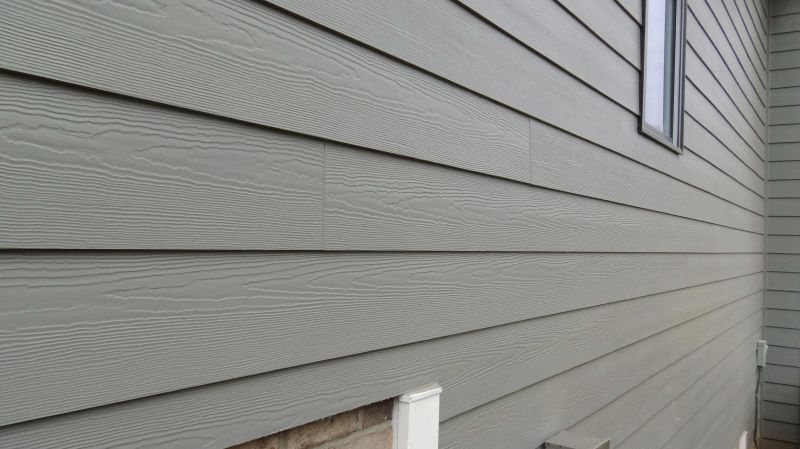
Spring offers moderate temperatures and less humidity, ideal for siding repairs.
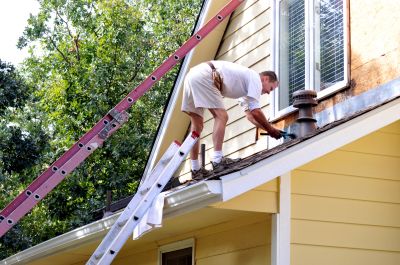
Warm weather allows for easier application of repair materials, but high humidity can be challenging.
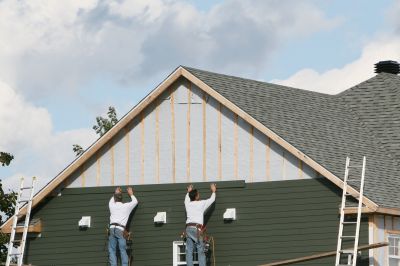
Cooler temperatures and dry conditions make fall suitable for fiber cement siding repairs.
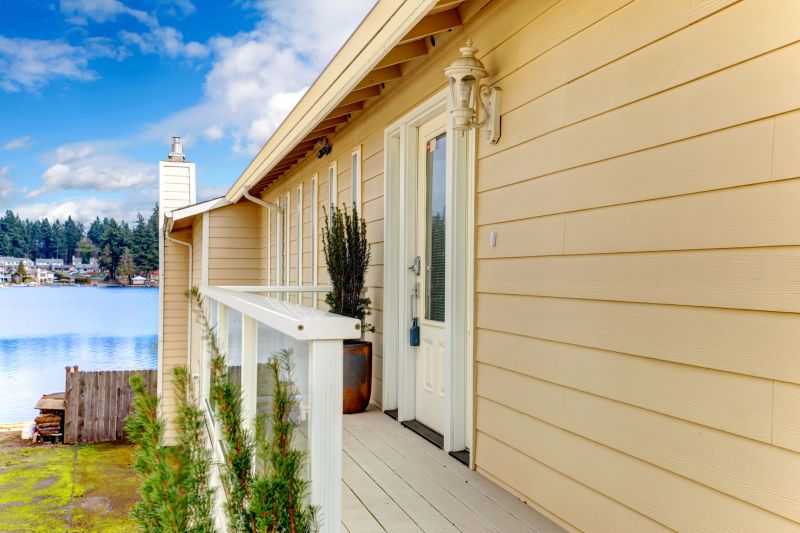
Ways to make Fiber Cement Siding Repairs work in tight or awkward layouts.
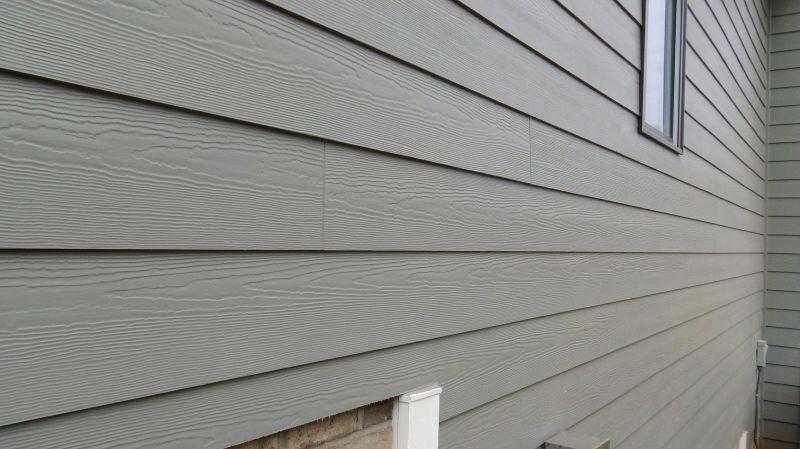
Popular materials for Fiber Cement Siding Repairs and why they hold up over time.
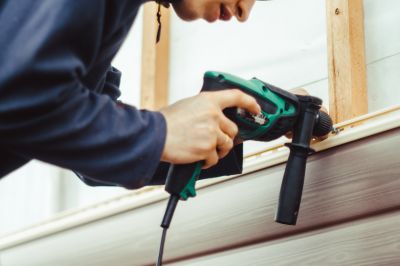
Simple add-ons that improve Fiber Cement Siding Repairs without blowing the budget.
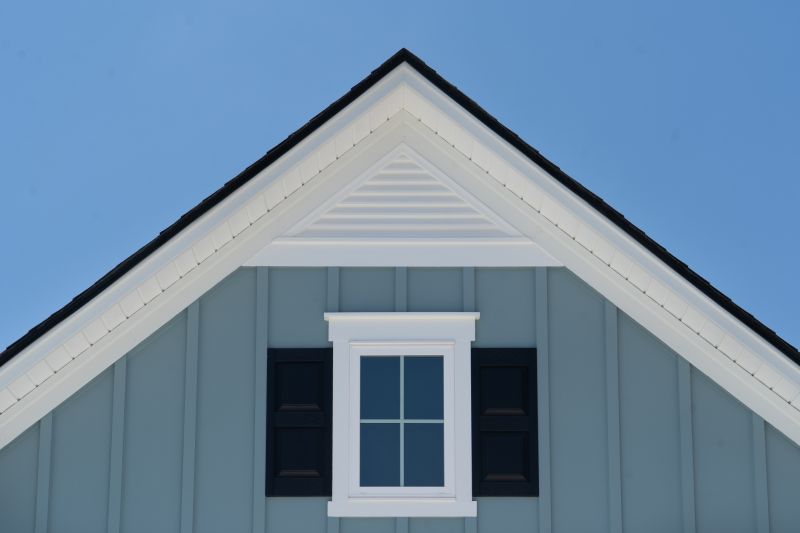
High-end options that actually feel worth it for Fiber Cement Siding Repairs.
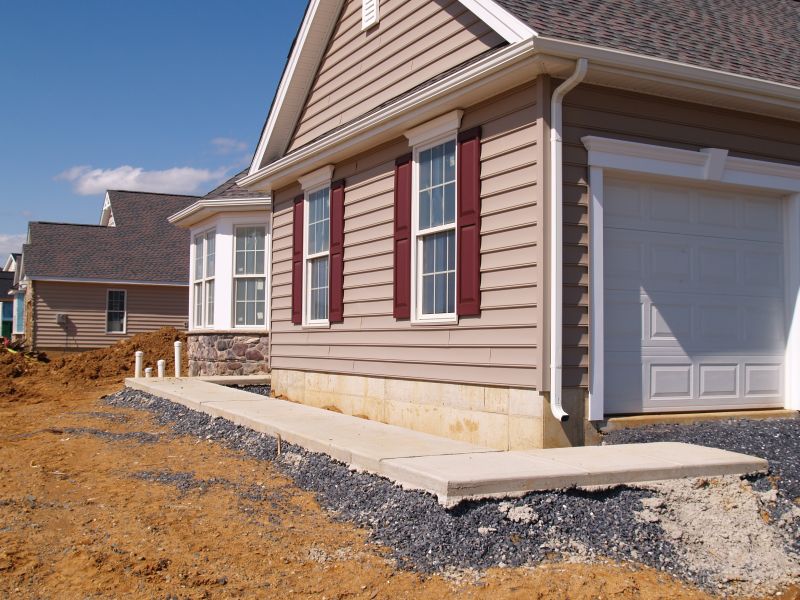
Finishes and colors that play nicely with Fiber Cement Siding Repairs.
Fiber cement siding is a durable and low-maintenance exterior material used in residential and commercial buildings. It resists pests, fire, and moisture, making it a popular choice for various climates. However, over time, damage such as cracks, chips, or warping can occur, necessitating repairs to maintain its integrity and appearance. Proper timing of repairs ensures optimal results, minimizes inconvenience, and extends the lifespan of the siding.
Repair work should be scheduled during periods of mild and dry weather to prevent issues caused by moisture and temperature fluctuations.
Ideal temperatures for fiber cement siding repairs typically range between 50°F and 85°F, ensuring proper adhesion and curing.
Low humidity conditions help prevent moisture entrapment, which can lead to mold or further damage.
Timing repairs when ambient conditions are suitable ensures compatibility of repair materials with existing siding.
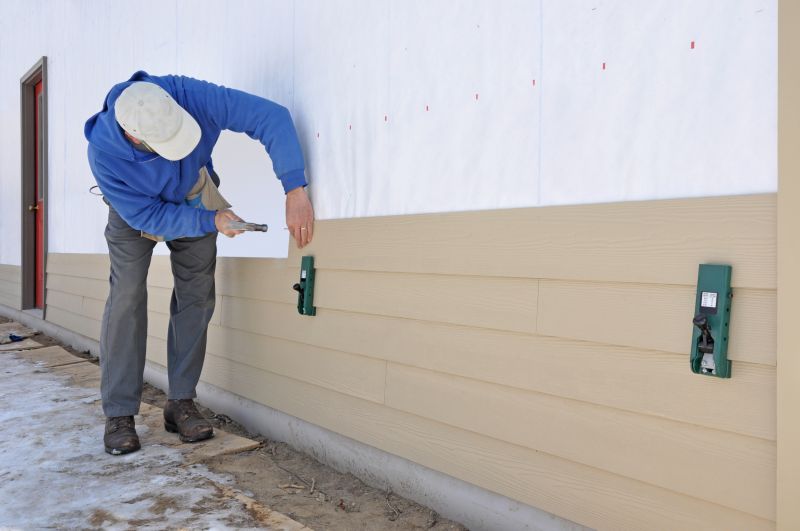
A technician repairing cracks on fiber cement siding.
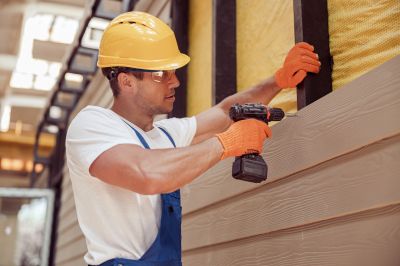
Cleaning and priming siding before repair application.
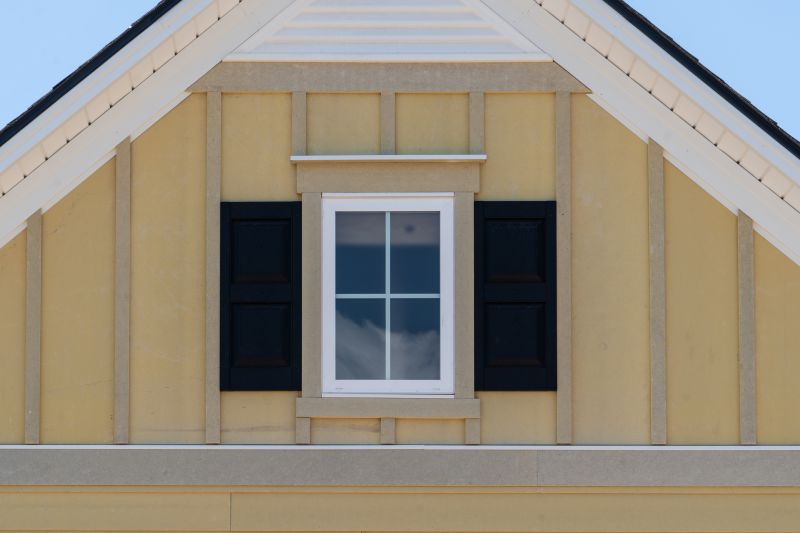
Using specialized compounds to fill cracks and chips.
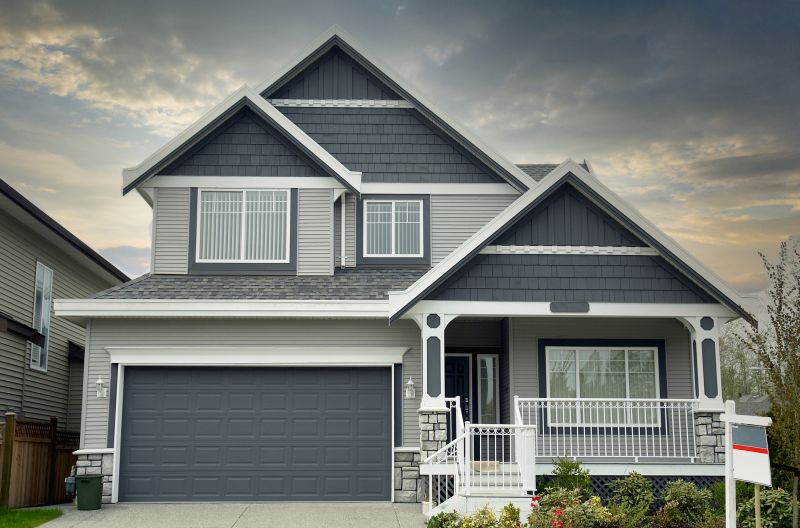
Ensuring seamless blending with existing siding.
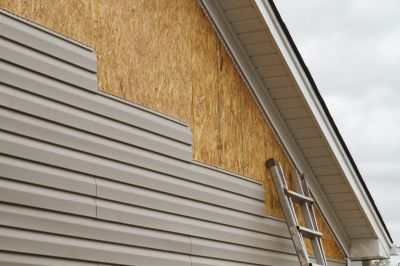
Little measurements that prevent headaches on Fiber Cement Siding Repairs day.
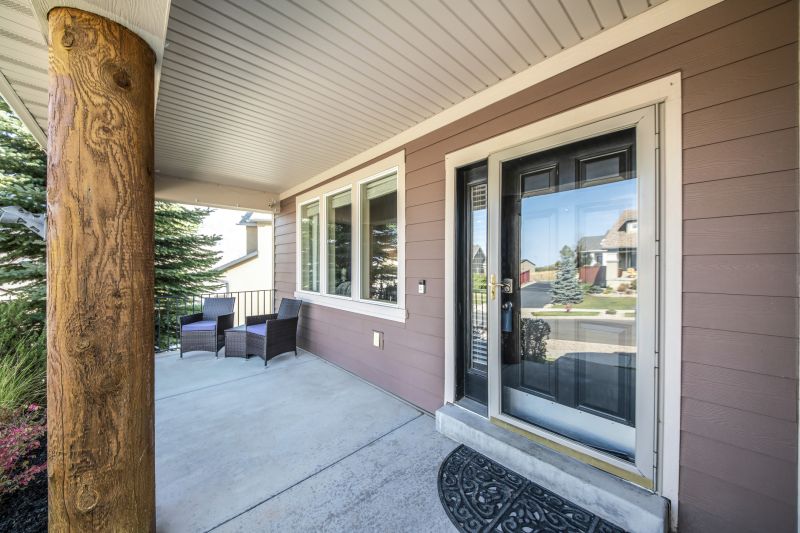
A 60-second routine that keeps Fiber Cement Siding Repairs looking new.
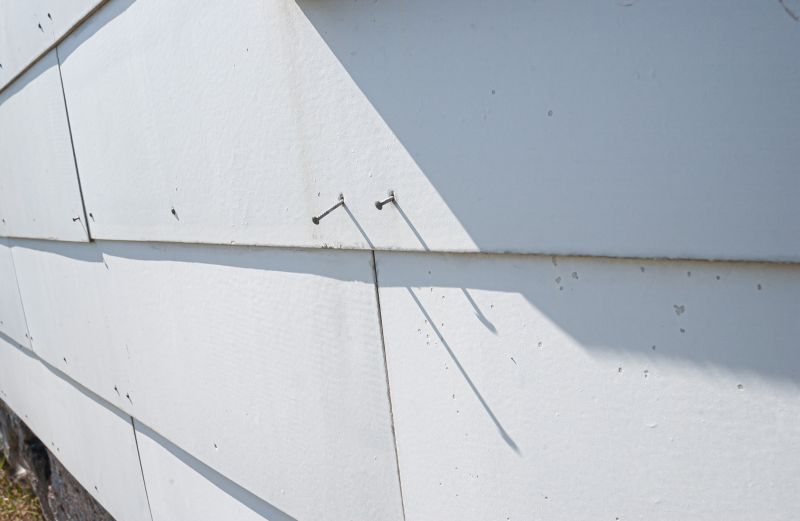
A frequent mistake in Fiber Cement Siding Repairs and how to dodge it.
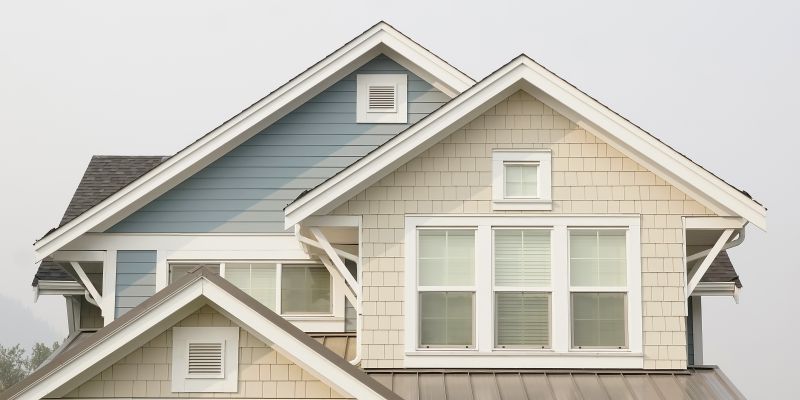
Small tweaks to make Fiber Cement Siding Repairs safer and easier to use.
| Season | Optimal Repair Conditions |
|---|---|
| Spring | Moderate temperatures, low humidity, dry weather |
| Summer | Warm temperatures, but watch for high humidity |
| Fall | Cooler temperatures, dry conditions |
| Winter | Not recommended due to cold and potential moisture issues |
| Late Spring | Ideal for scheduling repairs |
| Early Fall | Suitable for repairs before colder weather |
| During Dry Spells | Best for avoiding weather-related delays |
Choosing the right time for fiber cement siding repairs can significantly impact the durability and appearance of the finished work. Proper scheduling during suitable weather conditions ensures that repair materials adhere correctly and cure properly, reducing the likelihood of future damage. Consulting with a siding professional can help determine the most appropriate timing based on local climate and current conditions.
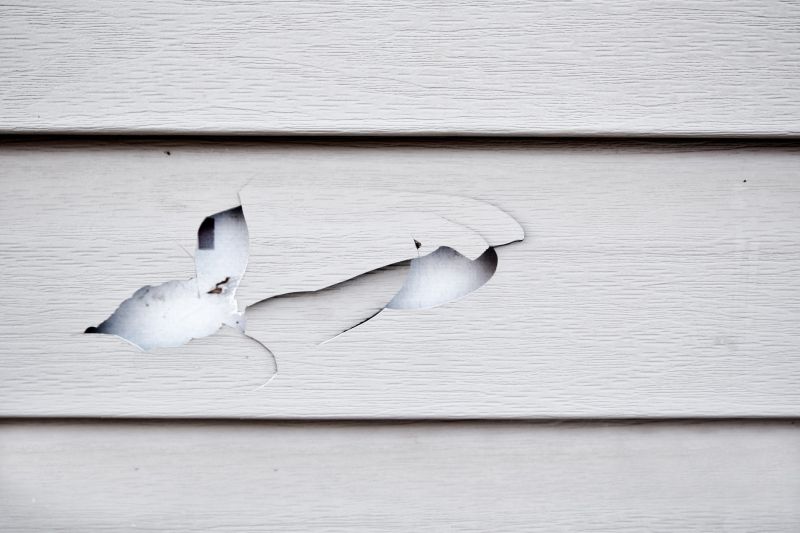
Close-up of cracked and chipped siding panels.
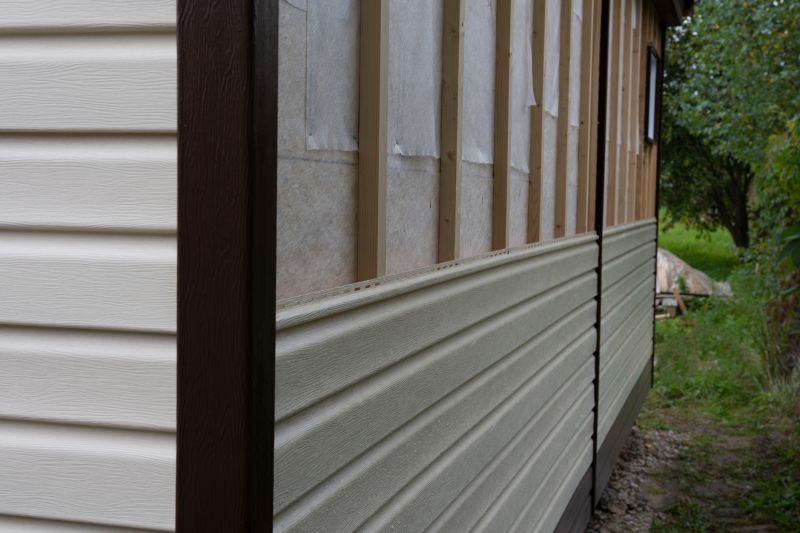
Technician applying patching compound to damaged siding.
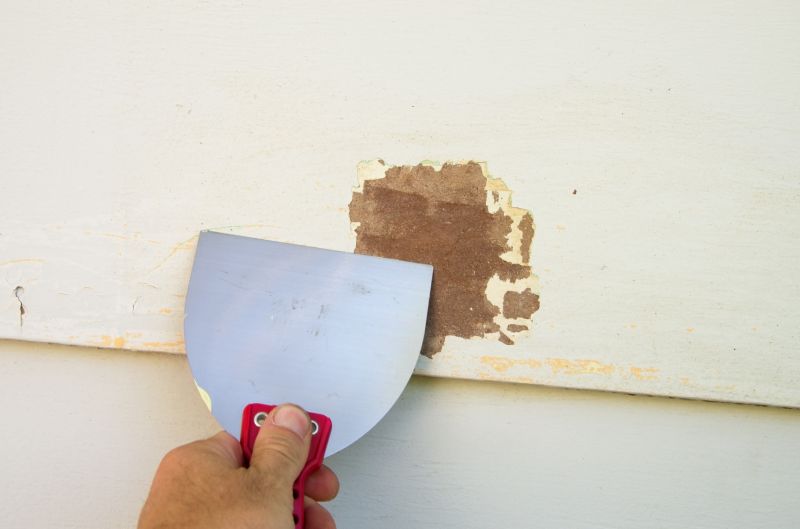
Repaired siding surface primed for painting.
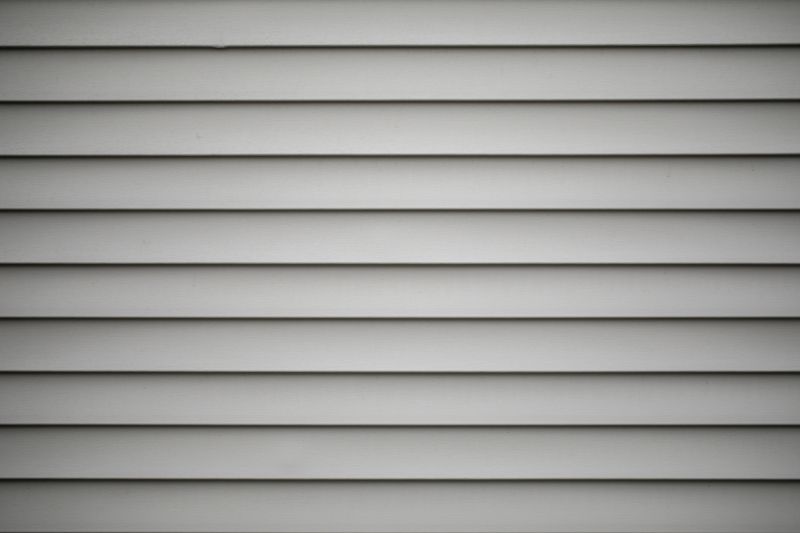
Seamless blending of new and existing siding.
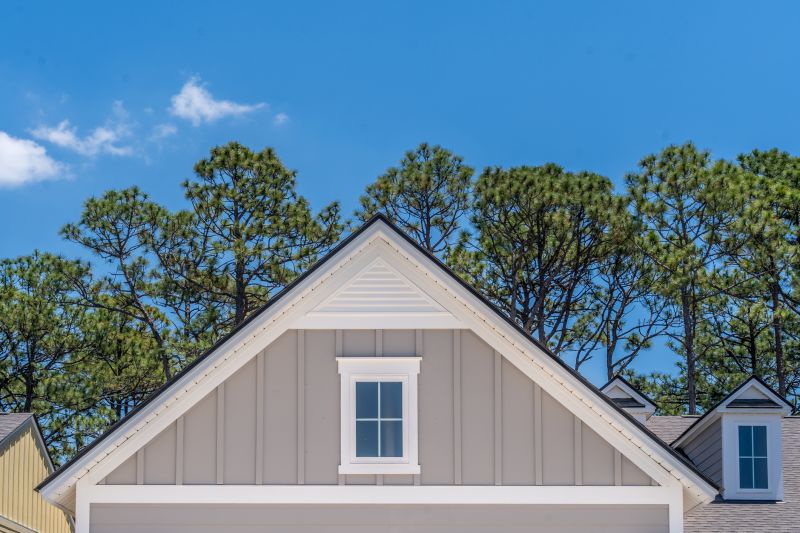
Lower-waste or water-saving choices for Fiber Cement Siding Repairs.
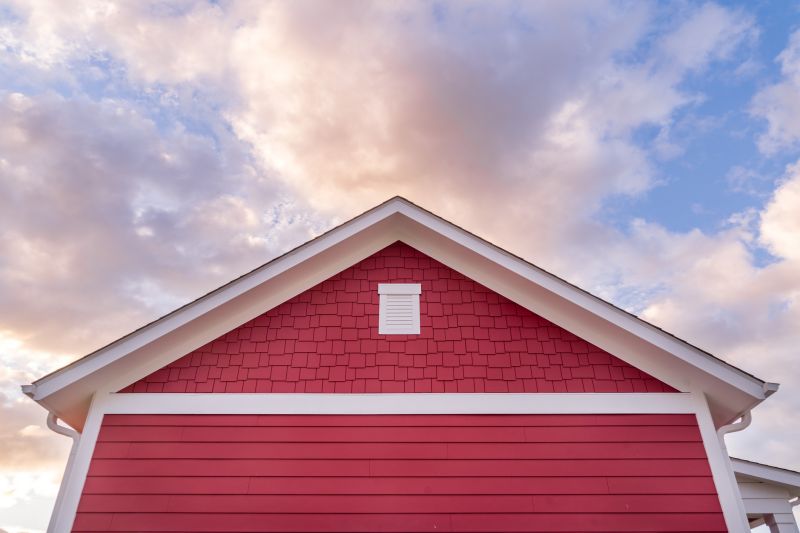
The short, realistic tool list for quality Fiber Cement Siding Repairs.
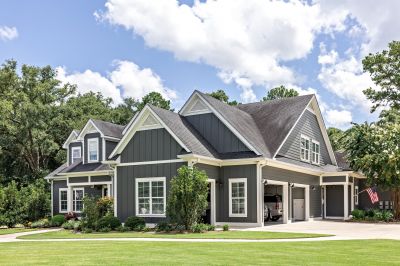
Rough timing from prep to clean-up for Fiber Cement Siding Repairs.
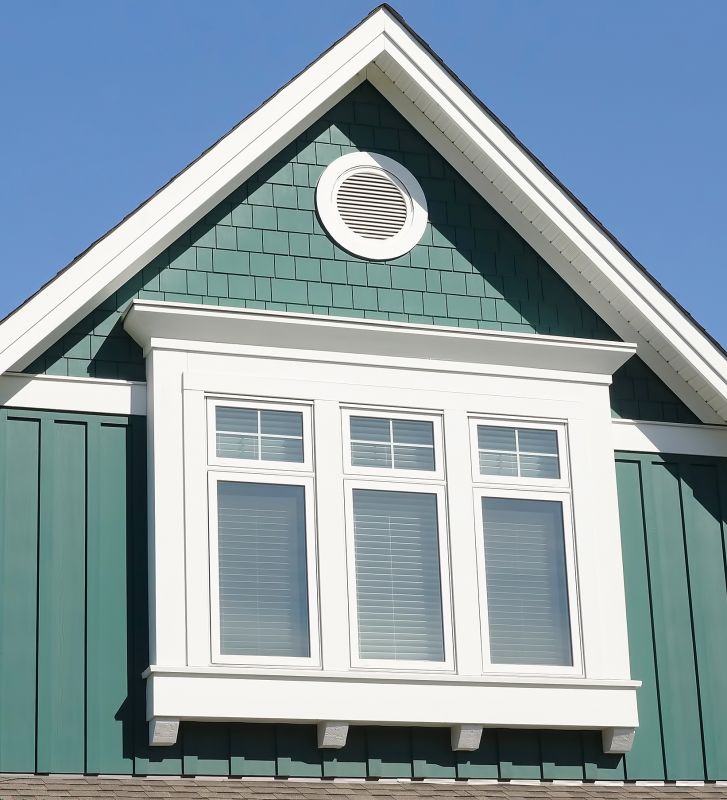
Quick checks and paperwork to keep after Fiber Cement Siding Repairs.
Timely repairs not only restore the appearance of fiber cement siding but also prevent further deterioration. Regular inspections can identify damage early, allowing repairs to be scheduled during optimal weather conditions. Proper maintenance extends the lifespan of siding and maintains its protective qualities.
Interested in fiber cement siding repairs? Filling out the contact form can provide more information and help schedule an assessment to ensure repairs are done at the most suitable time for durability and performance.



